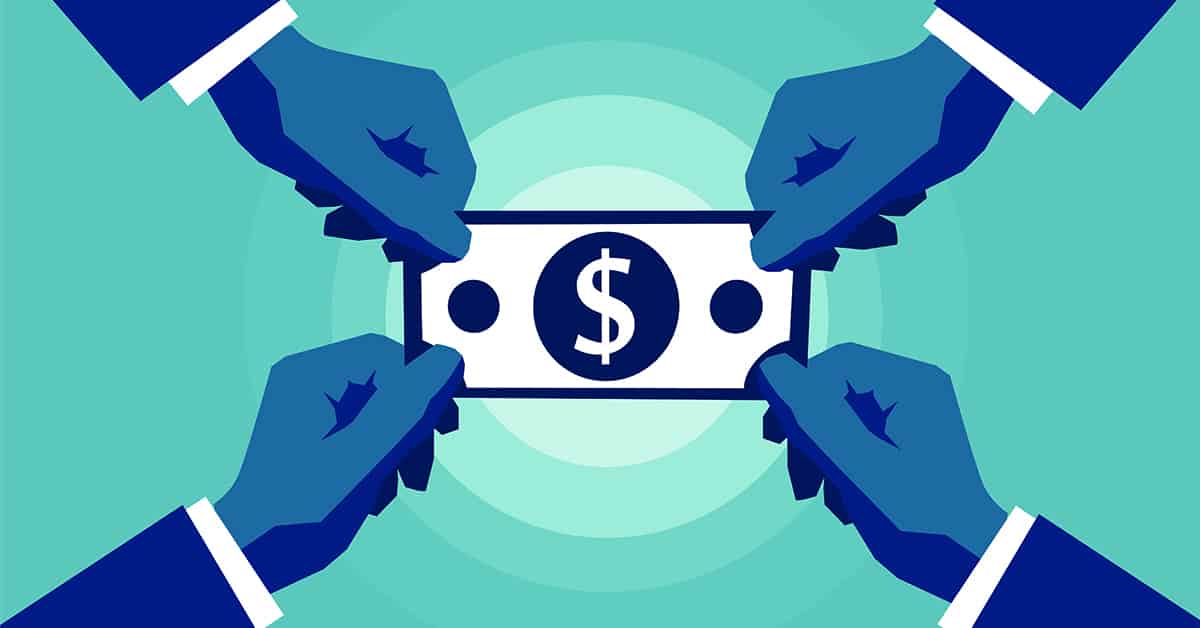The excise tax—also meant to prevent corporations from amassing excess capital at the top—is anticipated to raise around $74 billion.

A new US tax on corporate share buybacks took effect on Jan. 1, and is expected to impact millions of companies.
The new excise tax, signed into law in August 2022 by President Joseph Biden, is a 1% nondeductible levy that applies to net stock repurchases over $1 million. It might also impact other types of transactions, such as a range of M&A, capital markets and SPAC (special purpose acquisition company) operations.
Share buybacks enrich shareholders and are considered a tax-efficient alternative form of corporate payouts. However, they are also criticized for distracting businesses from reinvesting their excess liquidity in more effective ways—such as for M&A, operations, company restructuring or employee welfare.
The excise tax—also meant to prevent corporations from amassing excess capital at the top—is anticipated to raise around $74 billion.
The common practice will hardly disappear, according to Kairos Partners senior portfolio manager Mario Unali.
“Companies will likely look through the regulatory change,” he says. “Buybacks are expected to create significant value in the medium term, and often reflect constructive management views on their own business. Executives won’t easily give up the reputational and financial upside of buybacks.”
In 2021, thanks to low interest rates swelling profits, buybacks on the S&P 500 set a new record. Firms repurchased about $900 billion of their own stock. The total amount for 2022 is supposedly not far below that.
Canada also announced the introduction of a new 2% tax on stock repurchases, starting in 2024. It is forecast to generate about 2.1 billion Canadian dollars ($1.6 billion) in five years.
In Europe, buybacks are now back to normal levels, after a total ban on some stock repurchases expired September 2021. The ban was introduced in 2020 in the wake of the economic crisis brought upon by the pandemic.
The scenario is different in Asia. China, trying to revive a slumping market, has just announced some easing of its very stringent rules on buybacks. In India, both listed and unlisted companies are subject to an almost 24% levy on these types of transactions.



